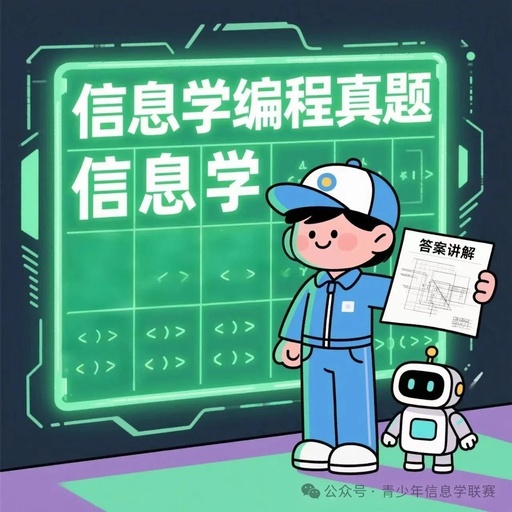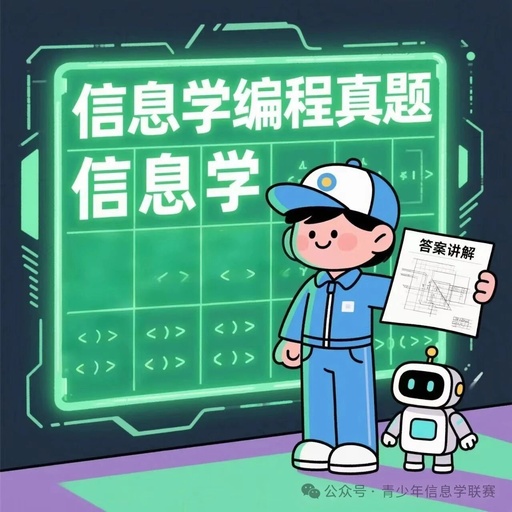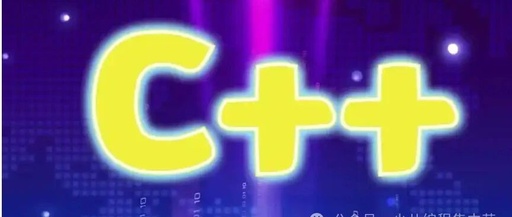Phase V C++ Special Selection Competition for Primary and Secondary Schools in Putian City – Round 1: Digital Energy Converter
Problem Description Given a positive integer n, process each digit from low to high (if the input number has less than3 digits, pad with leading zeros to3 digits, for example, the input8 is treated as008, and the input26 is treated as026), generate the energy value according to the following rules: Even Position: If the current … Read more









